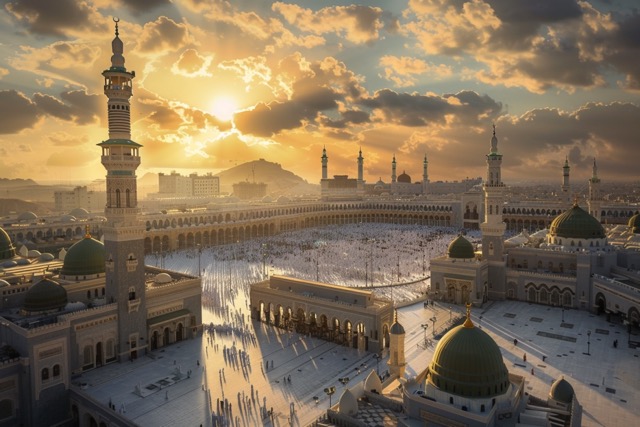Arabofuturs: Exploring Contemporary Art at the Institut du Monde Arabe in Paris
The latest contemporary art exhibition at the Institut du Monde Arabe in Paris — “Arabofuturs,” curated by Élodie Bouffard, is a unique exploration of singularities expressed in the Arab world. Running until Oct. 27, the exhibition features artists from the Arab world and its diasporas, including Ayman Zedani, Zahrah Alghamdi, Souraya Haddad Credoz, Aïcha Snoussi, and Hicham Berrada.
Programmed Futures and Hybrid Futures
The exhibition is divided into two parts: “Programmed Futures” and “Hybrid Futures.” In the first section, artists delve into contemporary societal issues such as capitalism, consumerism, exile, diaspora, and identities through a post-colonial lens. The second part explores imagined societies, inviting visitors into organic worlds that provoke thoughts on transhumanism, the future of humanity, and the resilience of nature.
Each artist brings a personal perspective on the notion of the future, drawing from their own experiences. The exhibition opens with a focus on Gulf artwork and introduces the concept of Gulf futurism, developed by Sophia Al-Maria and Fatima Al-Qadiri in 2012.
Artworks like Al-Maria’s “Black Friday” and Al-Ghamdi’s “Birth of a Place” challenge standardization and explore new architectures, creating new narratives that blend heritage with modernity. The exhibition aims to showcase diverse approaches to architecture, heritage, identity, and exile in the Gulf and North Africa.
Bouffard emphasizes the connection between past and future societies, highlighting the importance of exploring various forms of art and materials. Artists like Al-Ghamdi, Berrada, Credoz, and Snoussi use organic materials, ceramics, metal, and symbolism to create thought-provoking pieces that bridge the gap between the past and the future.
Palestinian artist Larissa Sansour’s video “In the Future They Ate From the Finest Porcelain” tackles the politicization of archaeology in Israel and Palestine, offering a unique perspective on territorial claims. Bouffard praises Sansour’s work for its relevance in today’s world.

